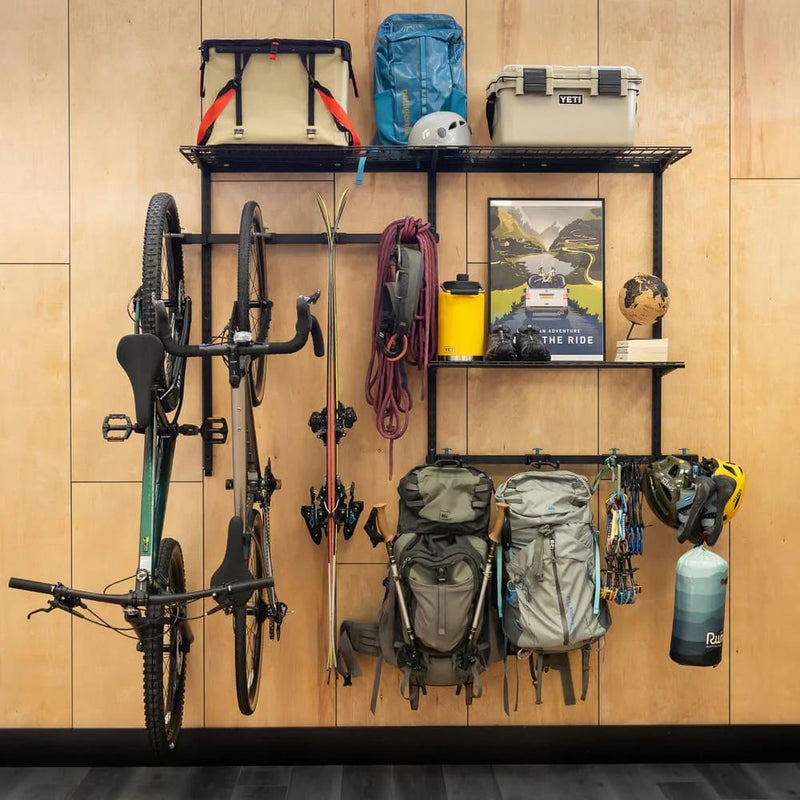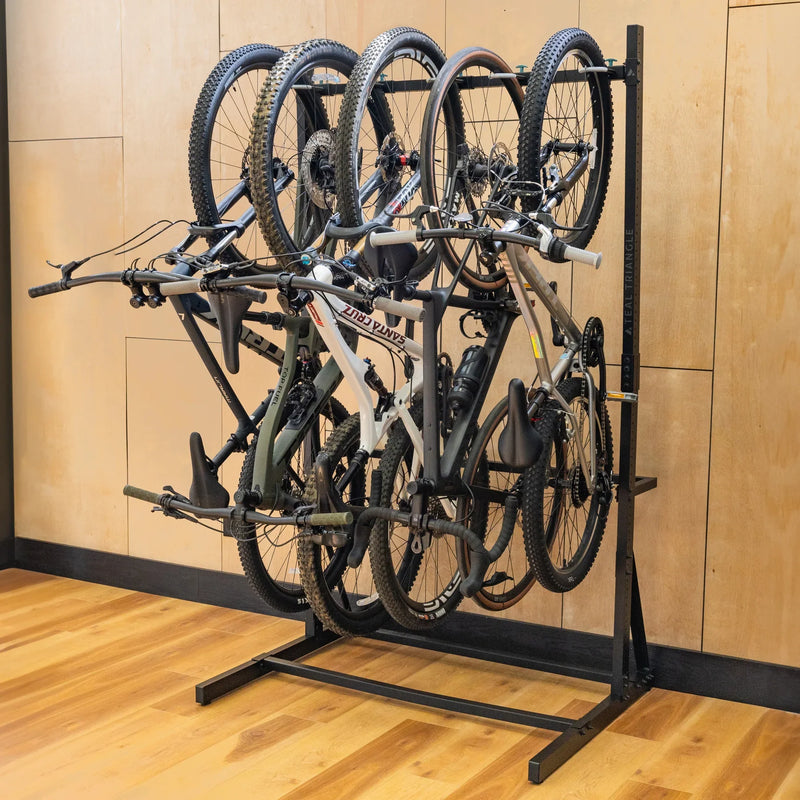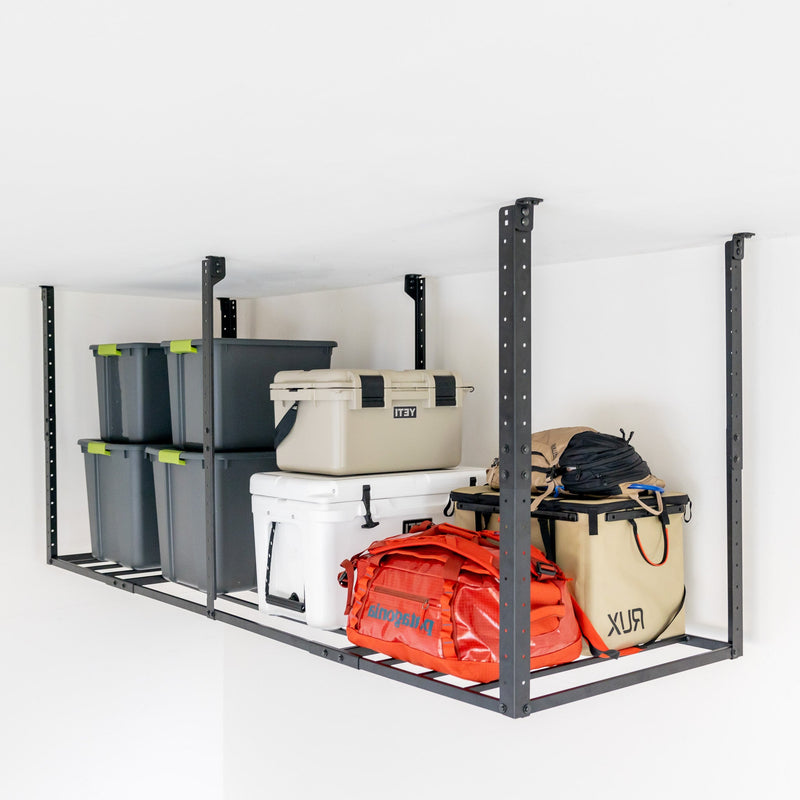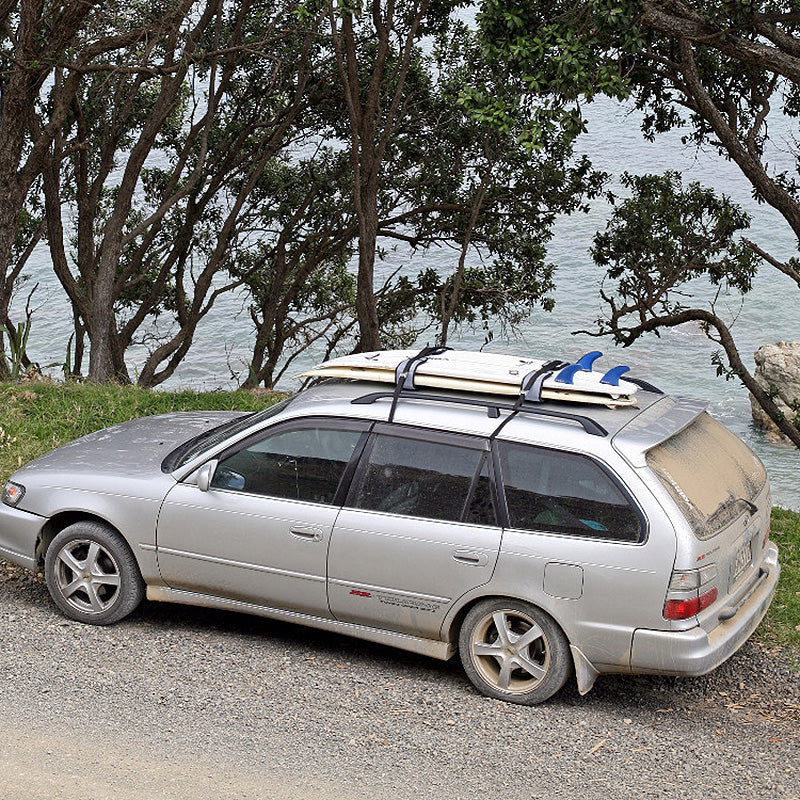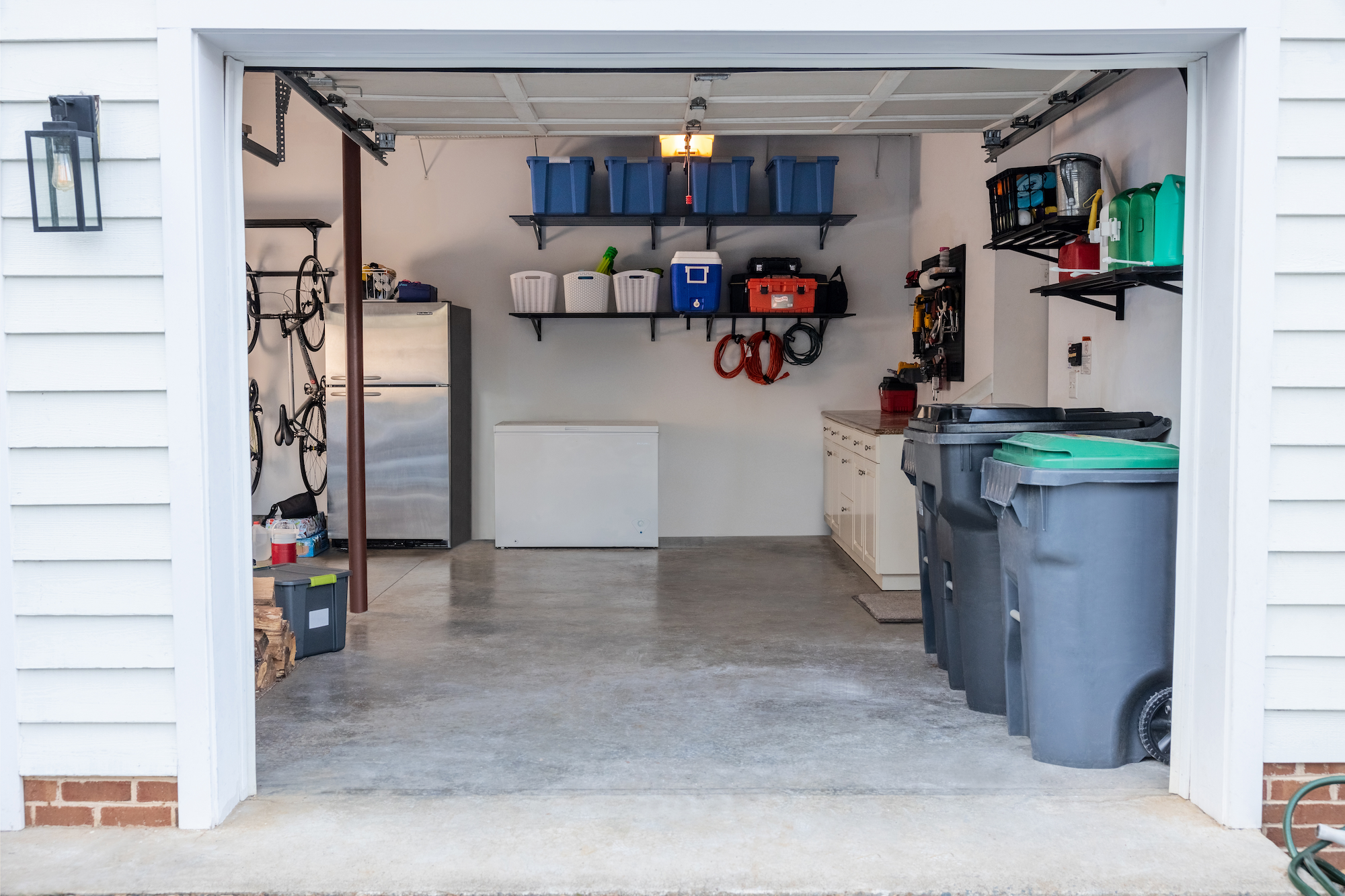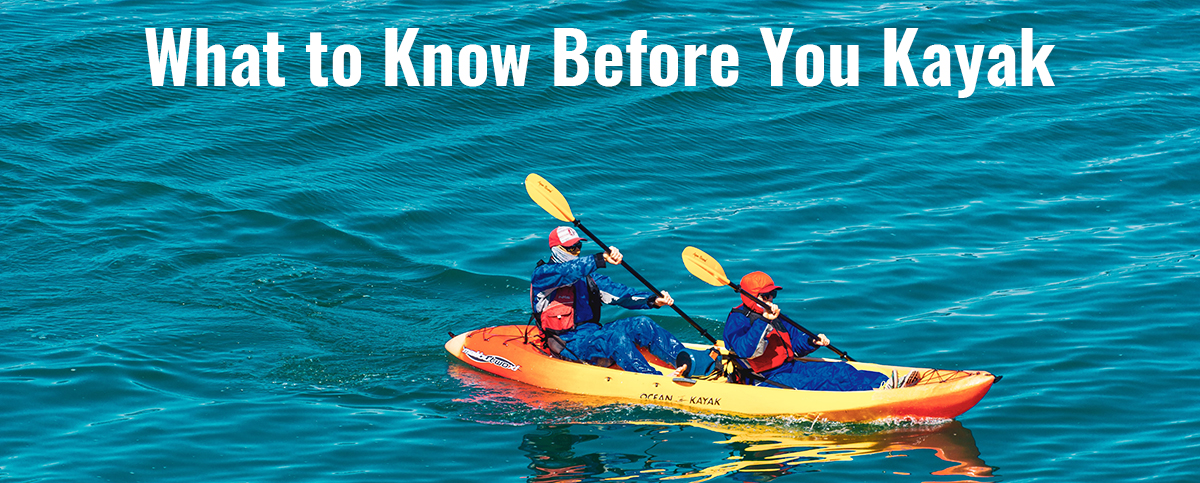
Kayaking is a great way to enjoy being on the water while taking in nature’s beauty and getting some great exercise. It’s an activity that pretty much anyone can do with little to no training, which makes it a perfect outing for the whole family. Still, you want your voyage to be as safe as possible and you want to make sure that everyone follows the rules so you can have an enjoyable trip. Here are a few things to keep in mind before you head out on your first or next kayaking adventure:
GENERAL SAFETY
There are many best practices when kayaking that aren’t always official regulations, but will help make your kayaking trip safer and more enjoyable.
-
Know your water - Remember that calm river you saw the other day that you thought would be great to take a kayak ride on with the kids? Well, it rained heavily last night and that river now has some class 5 rapids along the way. If heading into new territory, check with local experts or kayaking companies to see what the water is like in general and on that day. NOAA also has a river forecast site that can help you find out if there has been heavy rain or flooding at your destination. Lakes and ponds are typically calmer waters, but it is still best to check them out before you put in.
-
Take a safety course - Just Google ‘kayak lessons’ and you’ll find classes in your area that can help you get started or can improve your kayak skills for more challenging waters. These are especially helpful if the water you choose to ride on can be unpredictable, as mentioned above.
-
Get the gear - Most states will require a personal flotation device for each passenger (i.e. two if you have a tandem kayak), but even if they don’t, this is just a smart thing to have. Other things to consider are a whistle (some states require this, as well), a cell phone in a waterproof and connectable pouch, a flashlight or headlamp (especially if you are out after dusk), a paddle leash, a waterproof watch, and a towline. If you would like suggestions on kayak accessories, our expert team can help at info@storeyourboard.com.
-
Wear the right clothes - As you have probably experienced if you have ever visited the beach at the beginning of summer, the temperature of the air is not always a good indicator of the water temperature. It is likely that when you are kayaking you will come into contact with the water below you, even if it is just when you are getting in and out. The USGS water data website has the recent temperatures of most waterways in the US and can help you decide if you should wear shorts or a full on wetsuit for your journey.
If you are thinking about taking a more challenging kayak ride, such as a fishing kayak trip or sea kayaking, PaddleTV has some great videos on preparing for and enjoying your voyage.
RULES AND REGULATIONS
While most kayaking rules and regulations across the country are similar, there are some slight differences among states. Even if you’ve been kayaking before, it is good to check these out before your trip, as they can change. We have compiled a list of links to state rules and resources at the bottom of this article. Just click on the state where you plan to kayak to review rules for your area.
Note: During the COVID-19 restrictions, you will also want to check with the local parks department or the state website to see if the place you plan to drop in is allowing kayaking at this time and, if not, when they will possibly be opening back up.
We here at StoreYourBoard hope that you have wonderful kayaking experience, and, as always, if you need a place to put your kayak after you are done, StoreYourBoard.com has all of the best racks and accessories to keep your equipment and gear safe.
Use the below list as a starting point for understanding state rules and regulations, but note that other state or local laws could apply.
California - scroll ⅔ down the document for kayak information.
Washington (also see the boating laws link on this page for rules)


